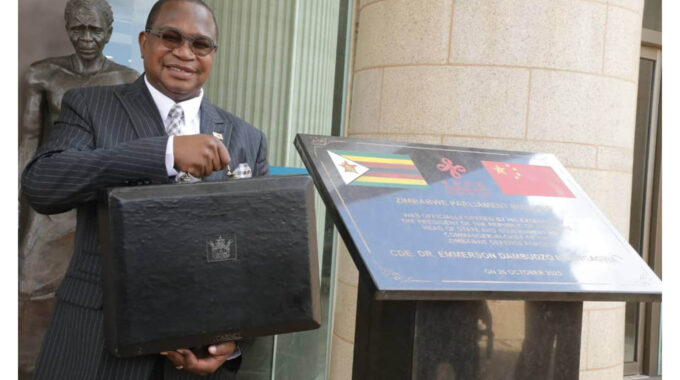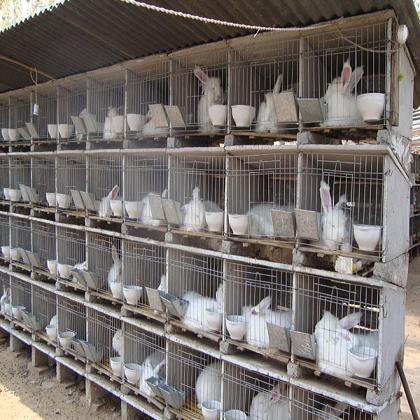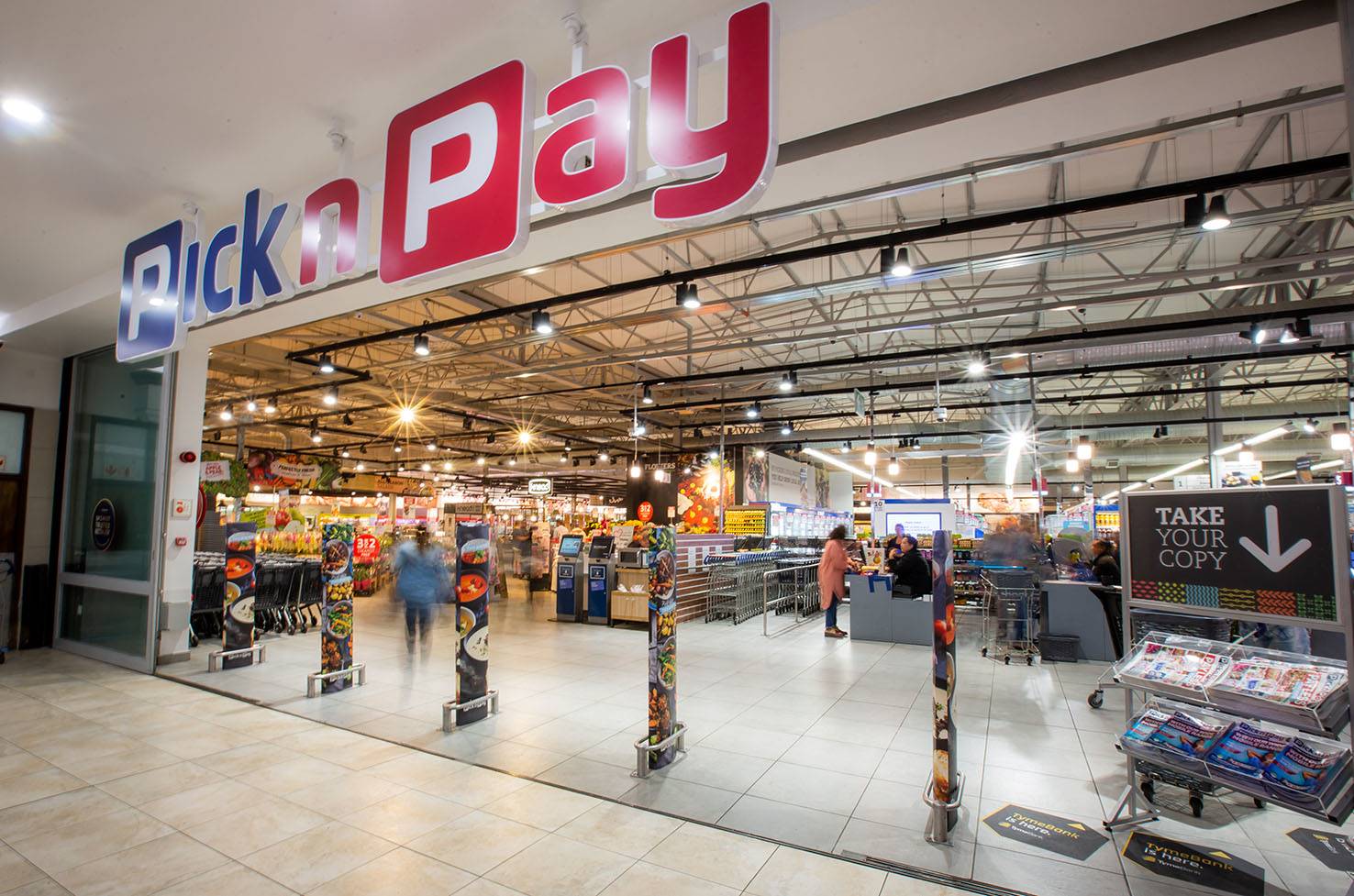Bulawayo businessman donates towards reconstruction of Tsholotsho BPSZ building
A BULAWAYO businessman, Mr Hebert Ndlovu, who runs Sympathy Engineering has pledged 50 bags of cement and office chairs towards the reconstruction of the Better Schools Programme of Zimbabwe (BSPZ) building in Tsholotsho.
The structure was razed by an inferno in 2022 and property worth thousands of dollars was destroyed as a result.
The fire broke out when a first aid workshop was underway and property, which included laptops and other educational materials, was burnt to ashes and nothing was recovered.
Mr Ndlovu made the pledge during his keynote address at the Tsholotsho High School speech and prize giving day on Friday, where he was the guest of honour.
BSPZ Tsholotsho management committee chairperson Mr Sicelo Dube welcomed the pledge which he said will go a long way towards the completion of the crucial structure in the district.
The structure is now at roof level with a few touch ups like the floor, plastering and window frames needed. The district self-funded through initiatives by schools.
There are 87 primary and 30 secondary schools in Tsholotsho district.
“This Wednesday our primary schools have a BSPZ day meant to fundraise towards the purchase of window frames. The money will also be used for glazing,” said Mr Dube, who is also the Tsholotsho High School headmaster, adding that the aim is to commission the building before year end.
Once complete, the building has the capacity to accommodate 1 000 people, a huge increase from 100 before the fire incident. The facility comes as a relief to corporate bodies and residents who will be able to use it as a venue for workshops, seminars, community meetings and weddings among other events.
Located at the Tsholotsho Business Centre, the structure nwas built and donated to the district by Plan International in 2002. The centre was also used as a storage facility for educational materials in thenn district.
BPSZ was established in 1996 as a strategy to improve the quality of teaching and learning through continuous in-service training for teachers as well as the pooling of resources for all schools. It is also aimed at improving the quality of the education system in all districts, including improving the capacity of the teachers through ongoing formal and non-formal training at district and cluster levels.
chronicle











